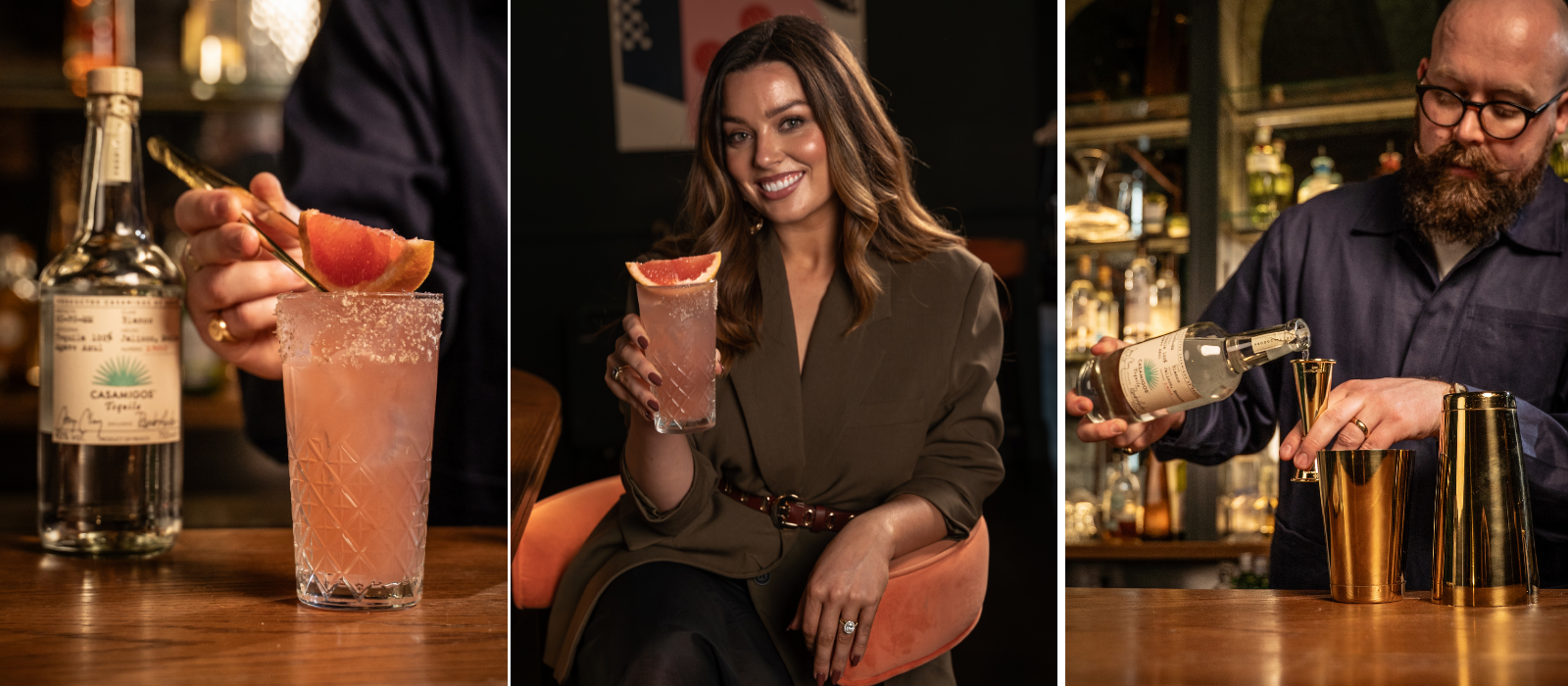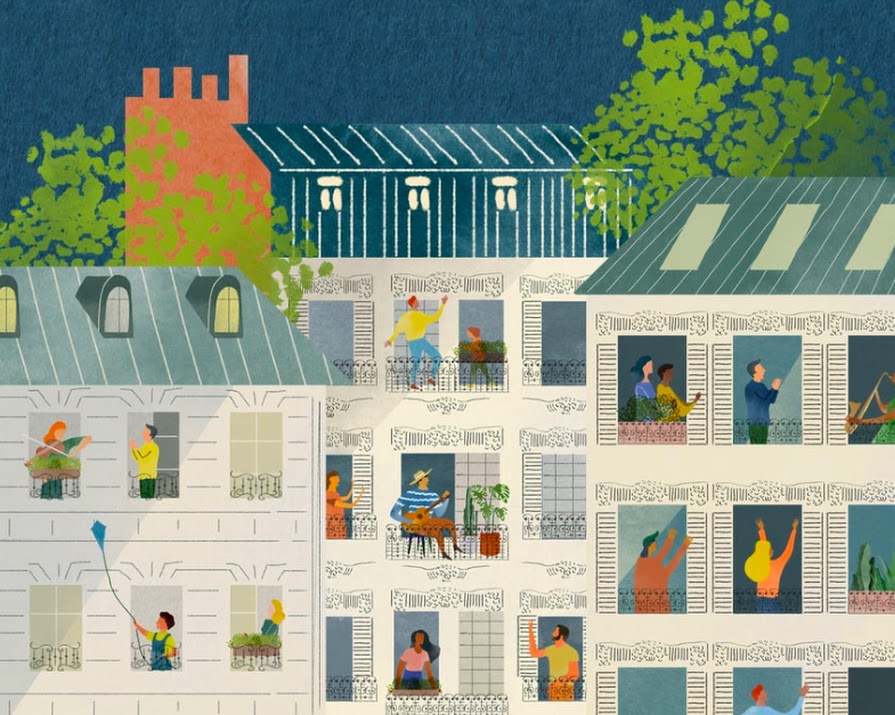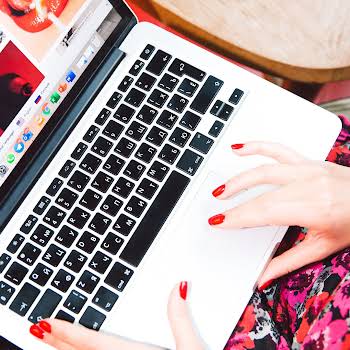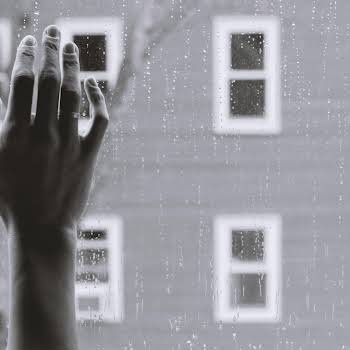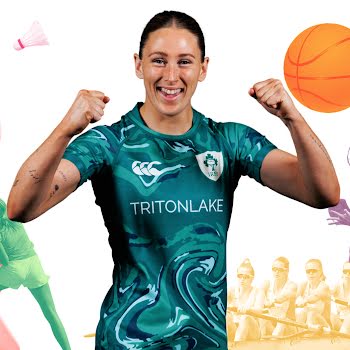
The rise of the curtain-twitchers: Has COVID-19 turned us into a nation of tattle-tales?
By Amanda Cassidy
18th Oct 2020
18th Oct 2020
The solidarity we experienced as the country locked down together has started to turn into something a little more sinister, writes Amanda Cassidy
I was out for a walk the first time the nation clapped en masse for the frontline workers. You know those walks in the early days of the pandemic where you are so distracted and anxious that you can barely listen to music, and the only interactions were the stiff nods you gave others as you pressed against the hedge and squeezed past others.
On the night of the first group applause for our most noble of workers, I strode through my neighbourhood, with the usual frown of worry about what the future brought. Then, people started to gather at their front doors and against the silence of the night, they began clapping slowly.
The echoes of their show of solidarity immediately gave me shivers. I joined in, tears spilling down my face as I walked. When was the last time we were ever so close as a nation?
It was truly a remarkable moment and one most of us won’t forget.

Together is better?
Coronavirus has been a scourge, an anxiety-inducer, the hidden villain we’ve been hiding around corners from. It also bonded us in ways we hadn’t ever seen in our lifetimes. We were in this together, just like our leaders asked us to.
And despite those who sadly lost their lives, we successfully held back the surge everyone feared.
But as the haze of solidarity gave way to the resumption of (as close to) normal life as possible, a new feeling has descended, and it is far less pleasant. It is also mainly online.
“Shame on those who insist on going on holidays,” some cry. “There is a group of teens outside my local and they are not socially distancing in the slightest,” complain others. “Only 8 people on the bus with masks on.”
After such a tight community effort, many believe that anyone who strays in a different direction is judgment fodder. After all, there is a killer virus out there, and the actions of a few affect the herd.
As important as group dynamics are in combating the virus, we must continue to also respect individuality.
But here’s the thing, shaming people online for behaviour that others don’t approve can be construed as a form of bullying.
Whether we like it or not, we live in a society where people function as individuals and unless a law is being broken, the freedom of choice remains. In other words, together isn’t always better. Together can sometimes create a mob mentality — especially when the stakes are so high.
After this week’s update about restrictions, we’d eventually hope to move towards a time where, as we learn to live with this virus, it has to also come down to personal responsibility. After taking part in the collective responsibility bit, of staying in during lockdown and staying socially distant, we now get to weigh up the options ourselves, do our own risk assessment and make the responsible choice.
Yes, it is based on the advice of our esteemed authorities, but unless it is mandatory, we still hold onto that choice.
There will always be idiots, or so-called Covidiots, who are unable to make that sensible choice — but we live with the results of that in our society every day.
They are the cracks in our social circles. The difference here is that we have never had to live with something as fear-inducing as coronavirus so our reactions are heightened. We’ve seen the best of people and we are starting to now see the worst.
There has always been a contrast between those who fear too much and those who fear too little
But shaming those who go abroad (even those who will isolate for the 14 days on their return) is petty. Leave the enforcement to the authorities.
And when or if that fails, we should channel our energy into smart action, like pushing for mandatory face-masks in shops as they do in many European countries, or calling for Covid-19 testing in airports.
Telling tales
The romanticism of solidarity is giving way to having to simply get on with our lives as best we can.
Twitching the social media curtains and ranting about your neighbours who had more people over than you during lockdown for a BBQ is unhelpful. Complaining about it on Twitter doesn’t change those circumstances either.
Admittedly, the hyper-connectedness was hugely helpful at the time of the initial crisis — people rallied together to provide meals and medicine for those who needed it most. But we also saw collectivism backfire as supermarket shelves were unnecessarily emptied and toilet roll hoarded at the beginning of the lockdown.
But, as we move towards the ‘living with the virus’ period, and as important as group dynamics are in combating the virus, we must continue to also respect individuality.
The romanticism of solidarity is giving way to having to simply get on with our lives as best we can. It is important that just because you choose to sacrifice something for the greater good, it doesn’t mean everyone has to. It remains a choice, even if that might feel unfair.
There has always been a contrast between those who fear too much and those who fear too little. Coronavirus has magnified this. It is easy to see why the hyperbole of social media’s echo chamber can promote one side of any argument.
It is everyone’s right to base their own actions on the unbiased information available to them — on economics and progress as well as fear and safety.
And then there is individual perception: There are those who were shaken up so much by the lockdown that they will have a strong emotional attachment to the experience and its habits. There are those who are traumatised by the whole thing; those now left without jobs, money… grandparents.
The only thing that is sure, is that this is an unprecedented event for our generation and it will affect how we value the quality of human relationships face-to-face. Because we have all shared in this remarkable global experience, and none of us really know what comes next.
Image via Unsplash.com



